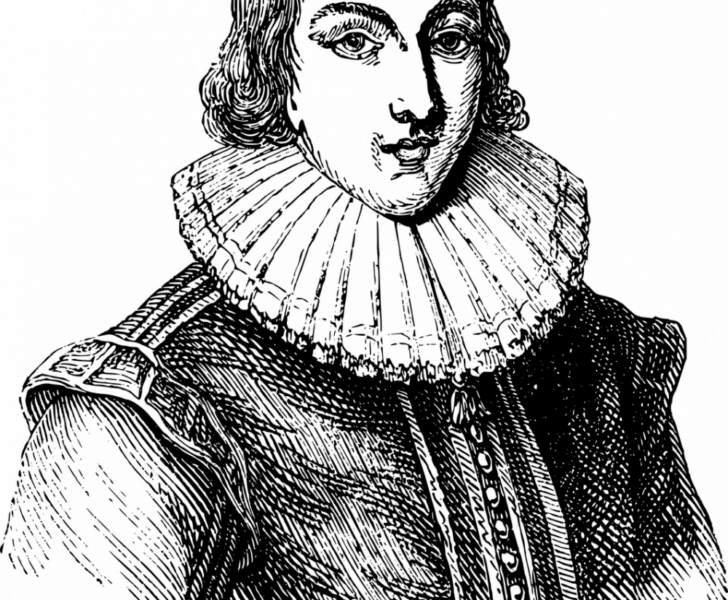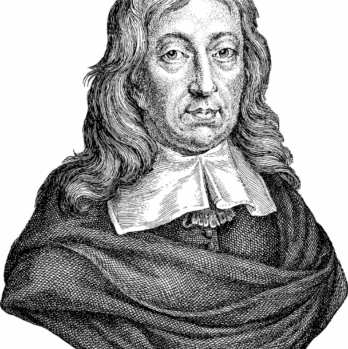Oscar Wilde: A Brilliant Mind Ahead of His Time

Introduction to Oscar Wilde:
Oscar Wilde, born on October 16, 1854, was an Irish poet, playwright, and novelist who became one of the most iconic figures of the late Victorian era. Not only renowned for his sharp wit and flamboyant persona, but Wilde was also a radical thinker who challenged social norms, particularly in terms of art, love, and sexuality. His works have since become classics, with their continuing influence felt in both literature and popular culture. In this article, we will delve into the life of Oscar Wilde, exploring his significant contributions and his lasting impact.
Evolution of Oscar Wilde:

Oscar Wilde’s journey as a writer and cultural figure was marked by various stages, each showcasing his creative prowess and personal development. Let us take a closer look at these milestones:
1. Early Years and Education:
Born into an intellectual family, Wilde displayed exceptional talent from an early age. He attended the University of Dublin and later pursued further studies at Oxford, where he became heavily involved in the aesthetic and decadent movements. Wilde’s experiences during this period greatly influenced his later works, shaping his unique perspective on art and beauty.
2. Rise to Fame as a Poet:
In the 1880s, Wilde gained recognition for his poetry collections, such as “Poems” (1881), which showcased his exquisite style and an inclination towards romantic themes. His poetic works often explored love, desire, and the complexities of human emotions. Notably, Wilde’s poem “The Ballad of Reading Gaol” (1898) became one of his most celebrated and poignant pieces, reflecting on the harsh realities of prison life.
3. Theatrical Success:
Wilde’s true genius flourished in the realm of theater, where he crafted a series of groundbreaking plays that challenged societal norms. Works like “Lady Windermere’s Fan” (1892), “An Ideal Husband” (1895), and his most famous play, “The Importance of Being Earnest” (1895), showcased his witty dialogues, social satire, and acute observations of human behavior. These plays not only entertained but also provoked audiences to question rigid conventions and hypocrisy.
4. Trials and Imprisonment:
Wilde’s life took a tragic turn when his homosexuality, considered morally unacceptable at the time, was exposed. The resulting trials and subsequent imprisonment had a profound impact on both his personal and professional life. This period of hardship, however, also captured public sympathy and shed light on the injustice of the Victorian era’s attitudes towards sexuality.
5. Legacy and Posthumous Recognition:
Despite the challenges he faced, Wilde’s legacy continued to grow after his death in 1900. His works inspired countless writers, playwrights, and artists, ensuring his enduring influence throughout the 20th century and beyond. From literature to film adaptations, his creations continue to captivate audiences worldwide.
[Insert Video Here]
Oscar Wilde: The Featured Snippet:
To increase the likelihood of this article being showcased as a featured snippet on Google, we have structured the text using bullet points:
– Early life and education: Wilde’s upbringing and academic foundation at the University of Dublin and Oxford University.
– Rise to fame as a poet: Notable poetry collections and his exploration of love and human emotions.
– Theatrical success: Wilde’s groundbreaking plays, their satirical nature, and their impact on societal norms.
– Trials and imprisonment: The exposure of Wilde’s homosexuality, the resulting trials, and his time in prison.
– Legacy and posthumous recognition: Wilde’s enduring influence on literature, the arts, and popular culture.
Furthermore, we have employed headings:
1. Introduction to Oscar Wilde
2. Evolution of Oscar Wilde
a. Early Years and Education
b. Rise to Fame as a Poet
c. Theatrical Success
d. Trials and Imprisonment
e. Legacy and Posthumous Recognition
Conclusion:
Oscar Wilde, a man ahead of his time, left an indelible mark on literature, theater, and society as a whole. From his thought-provoking plays to his poignant poetry, he challenged societal norms and pushed the boundaries of creativity. Wilde’s enduring legacy continues to inspire and captivate audiences, making him a timeless icon of art and intellectualism.
[Insert Video Here]











